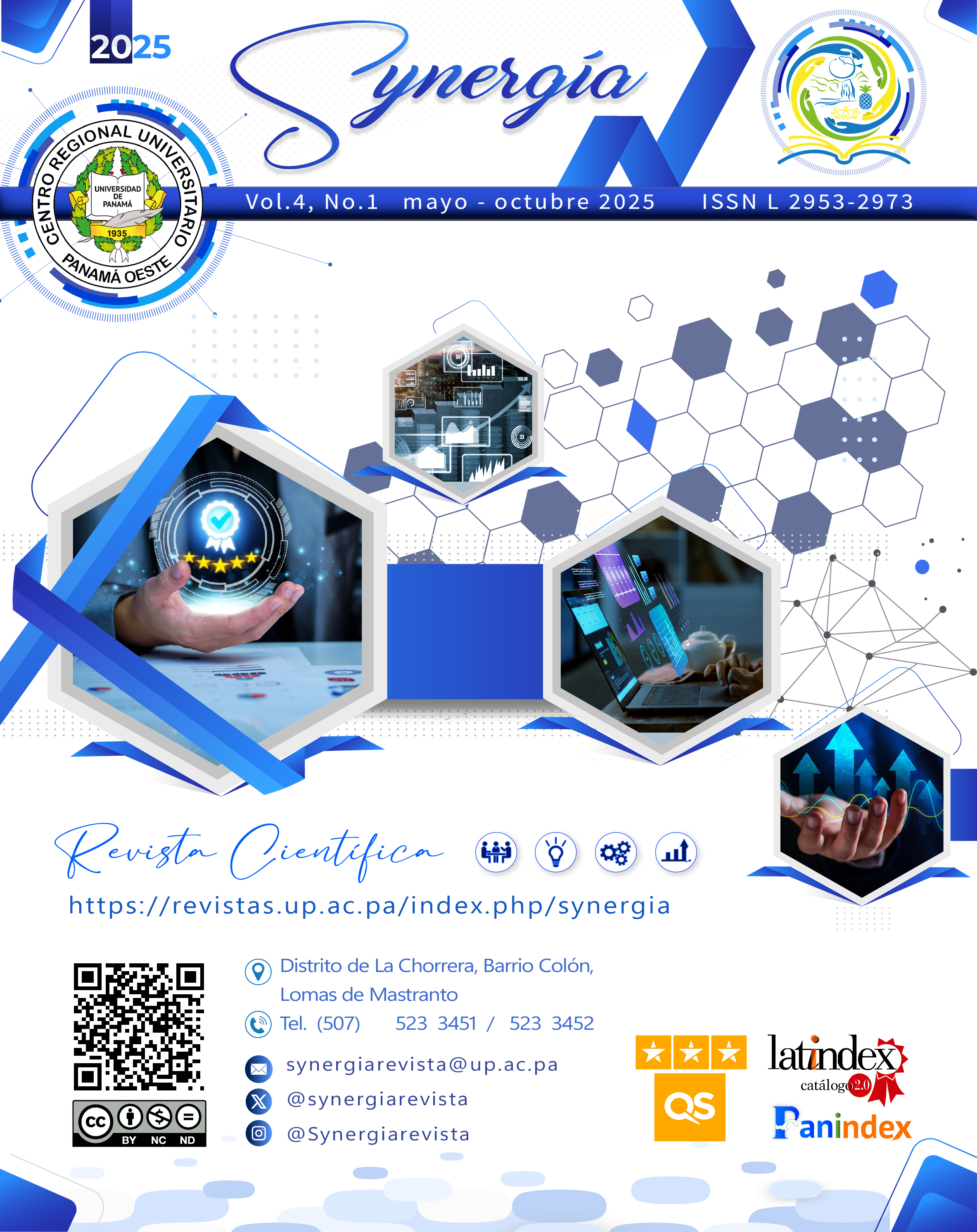

Copyright (c) 2025 Synergía

This work is licensed under a Creative Commons Attribution-NonCommercial-ShareAlike 4.0 International License.
Modern universities play a leading role in the social and economic development of a country, seeking to break the traditional paradigm of knowledge generation and transmission, assuming the responsibility of actively connecting with society seeking to enhance its well-being. Entrepreneurship and innovation training in higher education institutions is relevant for professionals to respond appropriately to a dynamic and constantly changing context. The objective of this study focuses on demonstrating the importance of cross-cutting training in entrepreneurship and its strategic application to improve the quality of life of the most vulnerable sectors. The methodology was based on a descriptive design and took as an exemplary case the project of connection with society called: "Young entrepreneurs for the encounter" that was promoted by the Technical University of Babahoyo, through a process articulated between the Entrepreneurship Coordination and the Coordination of Connection with Society of the Commerce Career, whose main purpose was to promote an entrepreneurial spirit in the beneficiaries, so that they determine opportunities to improve their quality of life. The project involved several communities and organizations, and was implemented in three academic periods: April 2022 – September 2022, November 2022 – April 2023, May 2023 – September 2023, involving 222 students, 35 teachers and 1,104 beneficiaries. The results showed a positive perception of students towards entrepreneurship training, as well as a positive level of satisfaction in the beneficiary communities.